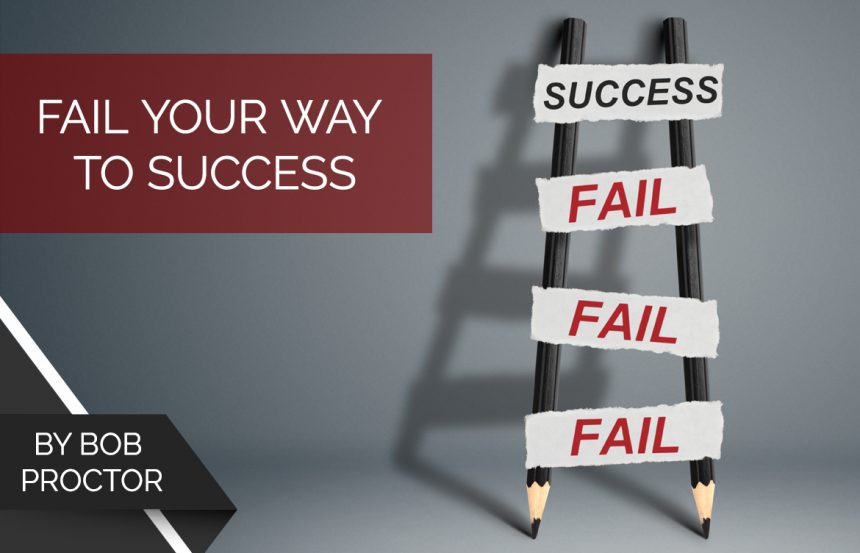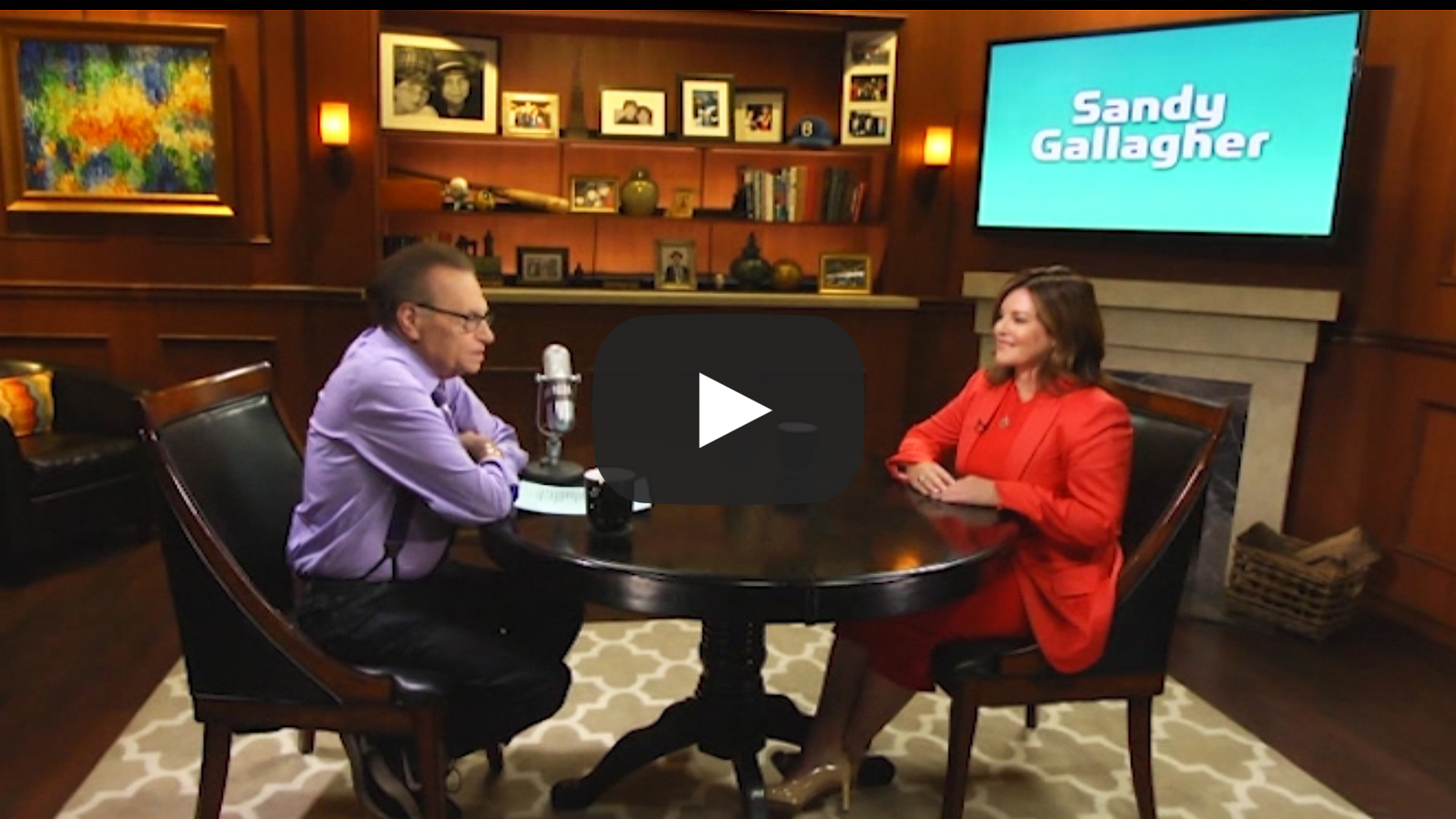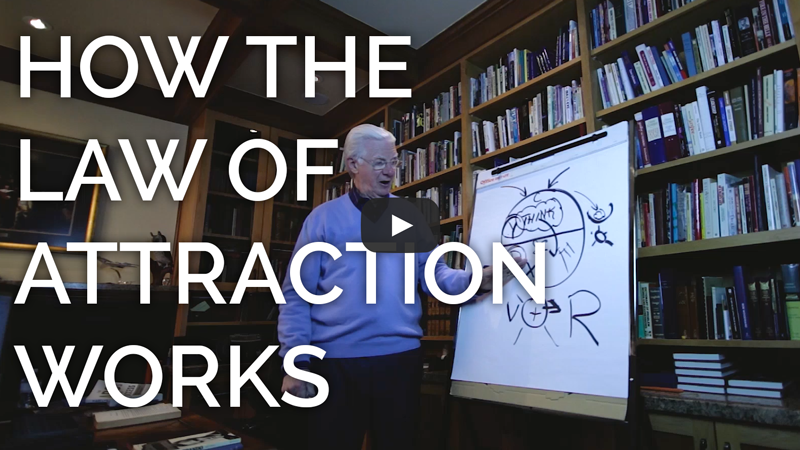
I’ve said this many times: The line that separates success and failure is as fine as a razor’s edge.
Think about it for a moment.
The difference between first and second place in a race is often less than one second.
One point on an entrance exam can make the difference between a student being admitted to a prestigious college or being denied entrance.
And an inventor may try dozens of times to perfect their creation before finally breaking through.
Is the person who came in second, the student who missed college entrance by one point, or the inventor who didn’t succeed right away a failure?
Only if any one of them quits before they reach their goal.
The truth about success
Around 1951, Earl Nightingale defined success as “the progressive realization of a worthy ideal.”
It’s a wonderful definition, and to this day, I have never found a better one. It shows us that success is continuously working toward something—regardless of setbacks and mistakes.
Many people are afraid to fail or are embarrassed by their failures; however, I’ve never subscribed to that.
While I certainly don’t dwell on my failures (or my successes for that matter), I am happy that I’ve failed many times in my life.
Why?
Because failure is a necessary part of life; it’s the pathway to our goals.
Let’s treat success and failure, no matter how big or small, the same: We should learn from each one.
That’s what successful people do. Each time they fail, they get up, find the lesion and keep going until they hit their mark.
Here are the stories of a handful of people you may have heard of who did just that.
Chris Gardener
Born in 1954, Gardener had a rough and unstable upbringing. With an absent father, his mother and siblings suffered abuse at the hands of his stepfather. Gardener was also in and out of the foster care system.
In 1977, Gardener married Sherry Dyson. But after an affair with another woman who became pregnant with his child, he decided to leave his wife.
In 1981, his son, Christopher Gardner Jr. was born while working as a research lab assistant at UCSF. The job didn’t pay enough to help support his family, so Chris decided to become a medical-equipment salesman.
If you’ve seen the movie that chronicles Chris Gardener’s life (The Pursuit of Happyness), you likely already know how this turned out. Gardener struggled but was committed to living a better life, one that didn’t involve so much struggle and turmoil.
He met a man driving a red Ferrari who ultimately led him on a career path to become a stockbroker. But, during that journey, he suffered through an eviction, homelessness, jail, and eventual divorce. But he didn’t let any of that stop him from achieving his dream.
Bill Gates
Born in 1955 in Seattle, Washington, Bill Gates by no means struggled as a child. His father was a renowned lawyer, so he had a stable upper-middle-class upbringing. Gates’ parents originally intended that he follow in his father’s footsteps and become a lawyer.
However, at the age of 17, Gates demonstrated the entrepreneurial spirit by forming a company with his childhood friend, Paul Allen, called Traf-O-Data.
They wanted to analyze and process raw traffic data from traffic counters and present that data in a reporting format to traffic engineers. Their goal was to build a hardware device that could read traffic data tapes and produce the results without having to do the work manually.
On the big day of the reveal, a supervisor from the County of Seattle’s traffic department came to see it, and the device failed to work. The business failed before it had much of a chance to get off the ground, giving Gates an invaluable lesson that he would carry forward with him.
In 1973, Gates enrolled in Harvard University after scoring a near-perfect SAT score of 1590 out of 1600. However, the following year Gates dropped out of Harvard to start Microsoft with his partner, Paul Allen. The decision, while contentious at the time, was okayed by his parents after much discussion.
J.K. Rowling
Born in 1965, J.K. Rowling grew up with a tumultuous childhood that included a difficult relationship with her father and dealing with the illness of her mother.
In 1982, at the age of 17, she attempted to gain acceptance to Oxford University, but she was rejected. She ended up enrolling at the University of Exeter where she received her Bachelor of Arts in French and Classics.
After graduating from the university, she moved to London to work for Amnesty International in 1986.
From there, she moved to Manchester with her boyfriend. Then, in 1990, at the age of 25-years old, while on a 4-hour-delayed train, the idea of a young wizard popped into her mind. She later stated that it came “fully formed,” and all she needed to do was flesh out the details.
Then, J.K. Rowling moved to Portugal to teach English. She met a man, got married, got pregnant, and gave birth to her daughter, who was born in 1993. The relationship was troubled, with reports of domestic abuse, resulting in a separation and eventual divorce.
At the end of 1993, with only three chapters of Harry Potter completed, at the end of 1993, when she was 28-years-old, she moved to Edinburgh to live with her sister.
At that point, she considered herself a major failure. She had failed at just about everything she had ever attempted to do in life. She was diagnosed with clinical depression and was suicidal.
Two years later, in 1995, five years after the initial idea had come to her, she managed to finish the manuscript for Harry Potter and the Sorcerer’s Stone. She located an agent, but after one year of trying to get it published, all 12 major publishing houses had rejected her book.
It wasn’t until 1996 when a small literary house in London named, Bloomsbury, gave the green light and a very small advance to Rowling. In 1997, seven years after the initial idea for the young wizard, the first Harry Potter book was published.
By 2004, Rowling had become the first author to become a billionaire through book writing, according to Forbes.
Harrison Ford
Born in 1942 in Chicago, both of Ford’s parents had a connection to the entertainment industry. His father was a former actor and his mother a former radio actress. It seemed as though acting was in his blood.
After graduating from college in Wisconsin, at the age of 22-years old, Ford headed to Los Angeles to try his hand in voice-overs. He failed to secure that job but ended up staying in the area.
It took Ford two years of working odd jobs and small-time bits before he landed his first uncredited role as a bellhop in the movie, Dead Heat on a Merry-Go-Round, in 1964. However, studio execs were rough on young Ford, telling him that “he would never make it in this business.”
But Ford refused to give up. It took him until 1973, nine years later, when he landed his breakthrough role in George Lucas’s film, American Graffiti. It was that role, and his relationship with Lucas, that would help catapult him into stardom. Lucas later cast Ford in Star Wars and the Indian Jones series.
Oprah Winfrey
Oprah Winfrey was born in 1954 in Kosciusko, Mississippi, to a teenage single mother. Winfrey grew up in utter poverty for most of her childhood life, living with her grandmother during those years.
When she was 6-years old, she moved in with her mother in Wisconsin, about the time her mother had another daughter, becoming Winfrey’s half-sister.
During those early years, Winfrey says she was sexually molested by her cousin, her uncle and a family friend. At the age of 13, she ran away from home. At 14-years old, she was pregnant and gave birth prematurely to a baby that died shortly after birth.
When she was 17, she won a beauty pageant and interned at a radio station, creating a love for the media, and eventually landing a job after college as a news anchor in Nashville. After college, she moved to Baltimore to co-anchor the news but was later removed by the producer for being unfit for television.
In 1983, at the age of 29-years old, she relocated to Chicago and took over a fledgling show called, AM Chicago, which would ultimately become the Oprah Winfrey Show. She became the highest-ranked talk show in Chicago.
Today, Winfrey owns a successful television network, OWN, she is a multi-billionaire, and she is known and respected around the world.
Failure makes you better
Don’t be afraid to fail.
Failure will improve your life. It allows you to grow and reach new understandings and epiphanies in life, relationships and business.
Sit down and reflect on the times you’ve failed in your life and how you responded to each one.
Did you quit, or did you look at the failure as an opportunity to grow? What did you do next?
Regardless of what your answers are, don’t judge yourself. Just use the information to raise your awareness of how you’ve responded to failure in the past and as a reminder that if you cannot embrace failure, you’ll probably never enjoy success.
Success and failure are going in the same direction
If you act on your goal each day, in any given moment, you may be just a razor’s edge away from phenomenal success…
Just taking one more shot, making one more call or knocking on one more door may be all it takes to achieve your goal.
Just ask Chris Gardener, J.K. Rowling, Bill Gates, Oprah Winfrey, Harrison Ford, and millions of successful people all around the world.
Set your sights on your worthy ideal, take progressive steps toward it and embrace (and learn from) the failures along the way. You’ll be glad you did.
To your success,
Bob Proctor
P.S. Use the download below to help you pick the pockets of your perceived failures, so you can use what you learn to accelerate your success!

[Tweet “Fail Your Way to Success: https://bit.ly/2YiHkir #bobproctor”]
[wpdevart_facebook_comment curent_url="www.pgistaff.org/34949/fail-your-way-to-success" order_type="social" title_text=" " title_text_color="#000000" title_text_font_size="22" title_text_font_famely="Arial" title_text_position="left" width="100%" bg_color="#FFFFFF" animation_effect="none" count_of_comments="10" ]
" title_text_color="#000000" title_text_font_size="22" title_text_font_famely="Arial" title_text_position="left" width="100%" bg_color="#FFFFFF" animation_effect="none" count_of_comments="10" ]







